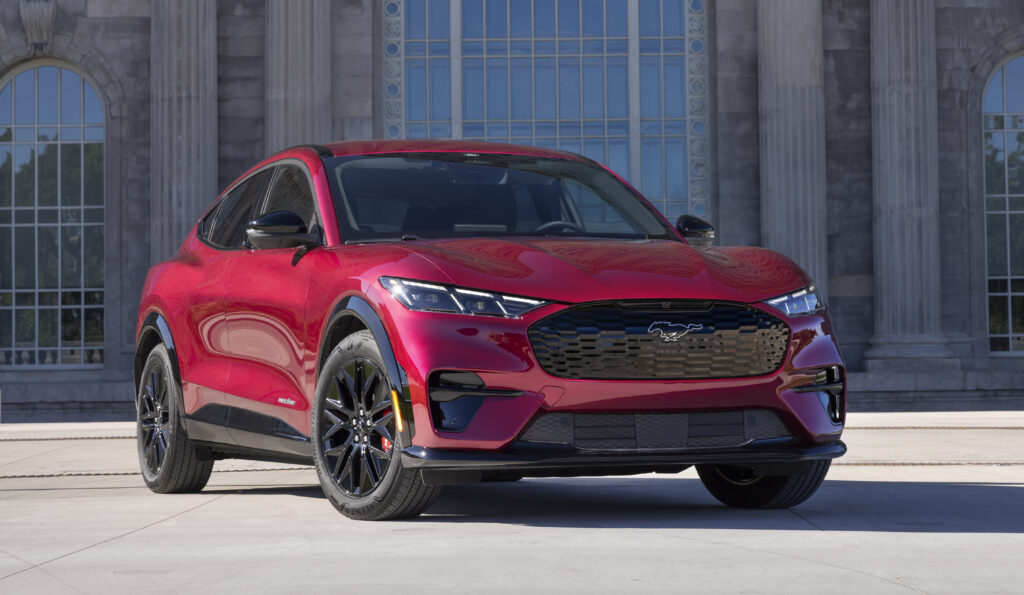
In an electrifying shift, Ford (F) has announced it’s moving battery production for its Mustang Mach-E from Poland to Michigan by 2025. Yes, you read that right: the Mustang Mach-E’s beating heart (aka its battery) will be homegrown, thanks to a renewed partnership with LG Energy Solution (066570.KS).
Ford’s not just thinking about proximity here; this decision aligns perfectly with the incentives pouring in from the Inflation Reduction Act (IRA). This landmark legislation offers some substantial benefits, like a federal tax credit of up to $7,500, a big deal for EVs like the Mach-E.
What’s the Deal with the IRA?
The IRA isn’t just a catchy acronym; it’s the backbone of the U.S.’s push to make electric vehicles more accessible and affordable. By producing batteries in Michigan, Ford will meet federal guidelines for tax credits that hinge on “Made in the USA” content. That means starting in 2025, the Mach-E may regain eligibility for that full $7,500 tax credit it lost under the new battery sourcing rules.
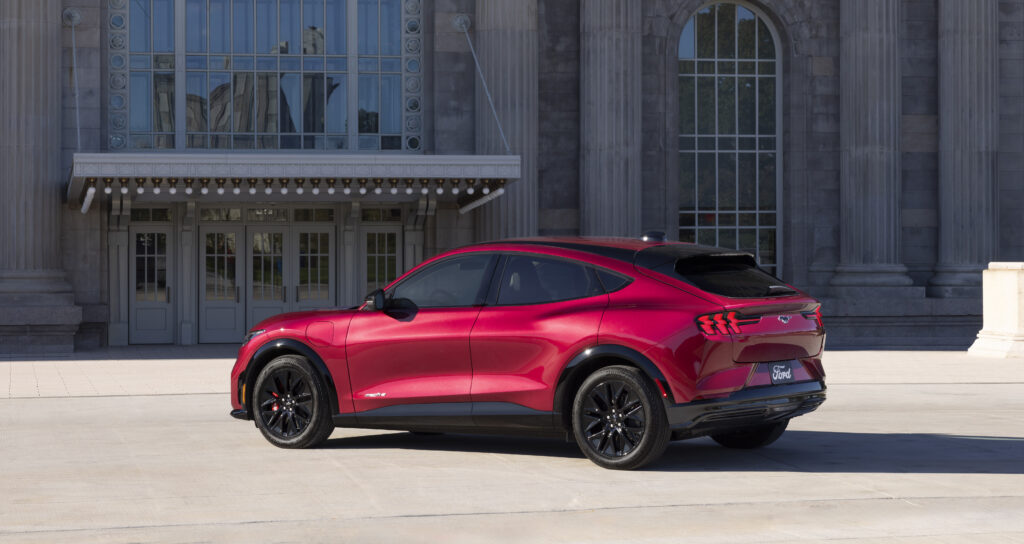
These requirements call for sourcing at least 50% of battery minerals from North America (or trade-friendly countries) and a majority of the battery parts themselves to be made here, on American soil.
For the uninitiated, these incentives go beyond individual savings at the dealership. Ford and LG can also qualify for advanced manufacturing credits, including $35 per kilowatt-hour for batteries built domestically. That’s not a small change when you’re pumping out millions of EVs.
LG’s Role – and Its European Ambitions
LG Energy Solution, Ford’s battery partner in this venture, isn’t putting all its energy into Michigan alone. With the 2026 launch date on the horizon, LG is also planning to supply Ford’s European commercial van lineup with a colossal 109 GWh of battery power.
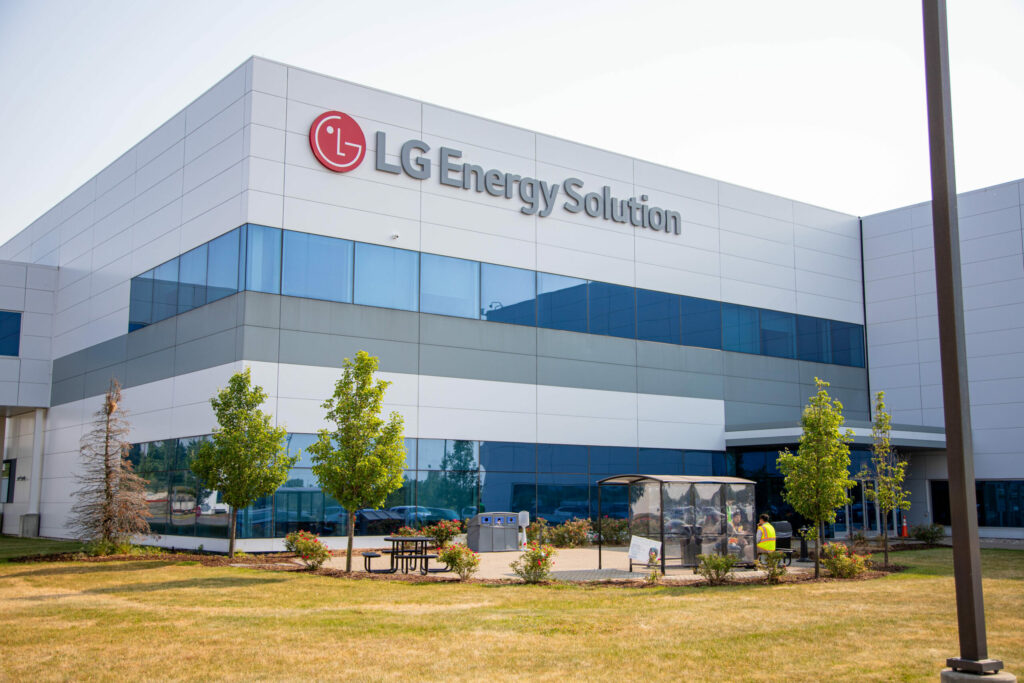
Essentially, they’re crafting a global blueprint to keep Ford’s EV ambitions alive and well while also making use of various international incentives for their regional production efforts. As LG CEO David Kim puts it, they’re not just playing the game—they’re innovating for the long haul.
Teaming Up with SK On for More Power in Kentucky
Michigan’s not the only state seeing a battery boom, though. Ford’s collaboration with SK On, another key player in the EV battery space, will ramp up battery production in Kentucky. This partnership targets batteries for the F-150 Lightning and E-Transit commercial vans, aiming to hit the market by mid-2025.
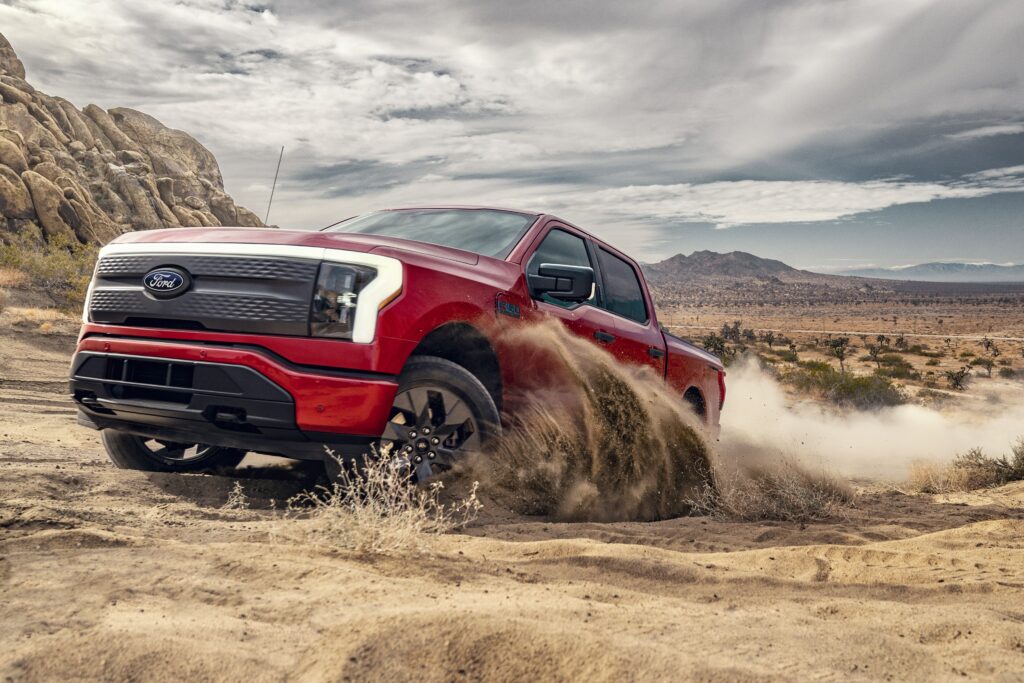
The big picture? By spreading production across the Midwest, Ford’s creating a domestic EV battery supply chain that’ll keep its wheels spinning, even with demand fluctuating.
A Shift in the Auto Industry’s DNA
We’re witnessing a sea change here, with automakers like Ford, Toyota (TM), and General Motors (GM) jumping into local production to ride the wave of federal incentives. In a twist of fate, EVs are getting some of the same government support that helped traditional gas vehicles thrive.
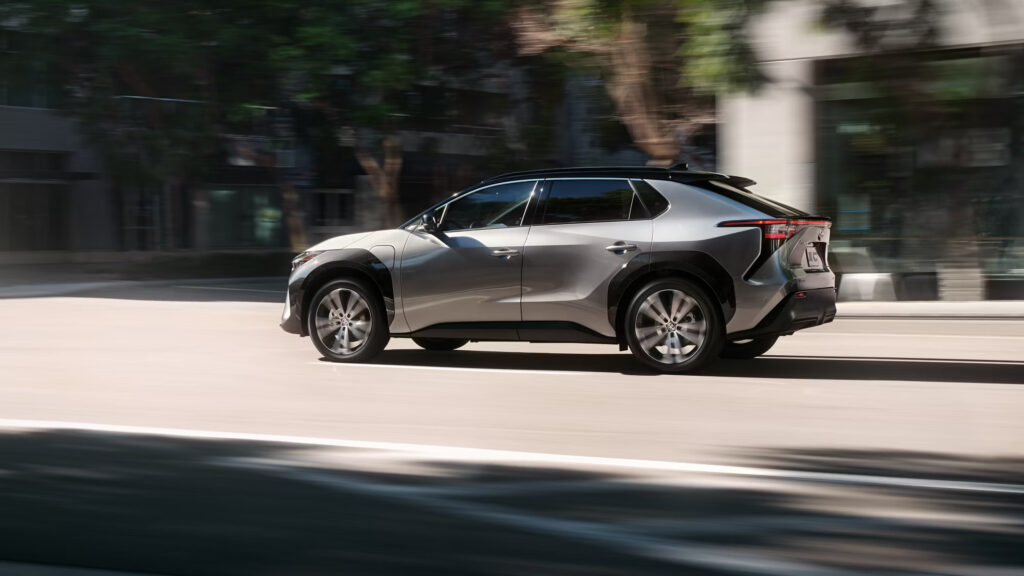
Think of it as a modern echo of the oil-backed subsidies, but for a cleaner, greener tomorrow. It’s not just about building cars anymore—it’s about building ecosystems, complete with local manufacturing, skilled labor, and, ideally, cheaper EVs for everyone.
The Road Ahead: What It Means for EV Buyers
Ford’s battery shuffle will bring substantial changes to its lineup and potentially drop prices. The tax credit, if fully restored for the Mach-E, may make Ford’s popular EV even more accessible. Given that the Mach-E was the best-selling non-Tesla (TSLA) EV in the U.S. last quarter, this incentive can only turbocharge its appeal further.
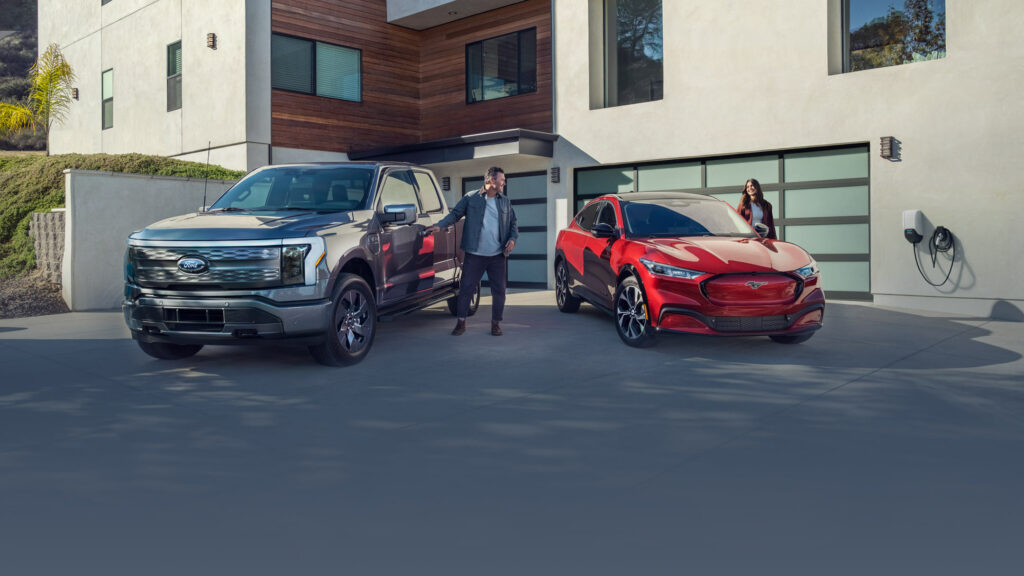
In sum, Ford’s pivot to Michigan isn’t just a business decision—it’s a strategic investment in the future of American EVs. For EV fans and potential buyers, this means more affordable choices and a direct role in supporting the local economy.
The shift toward domestic production signals that Ford is in it for the long run, reshaping the future of electric vehicles with a foundation that’s both sustainable and patriotic.




